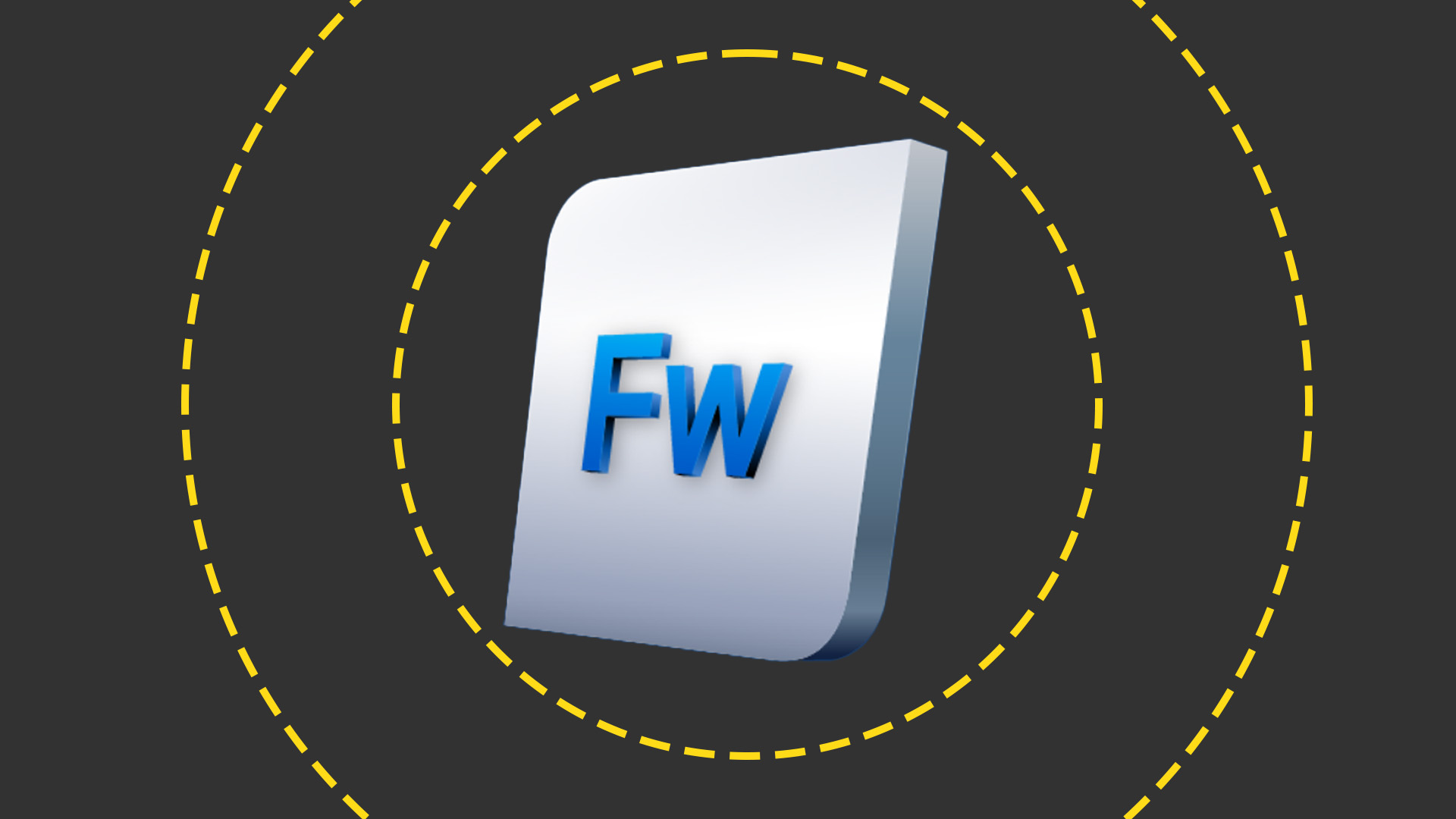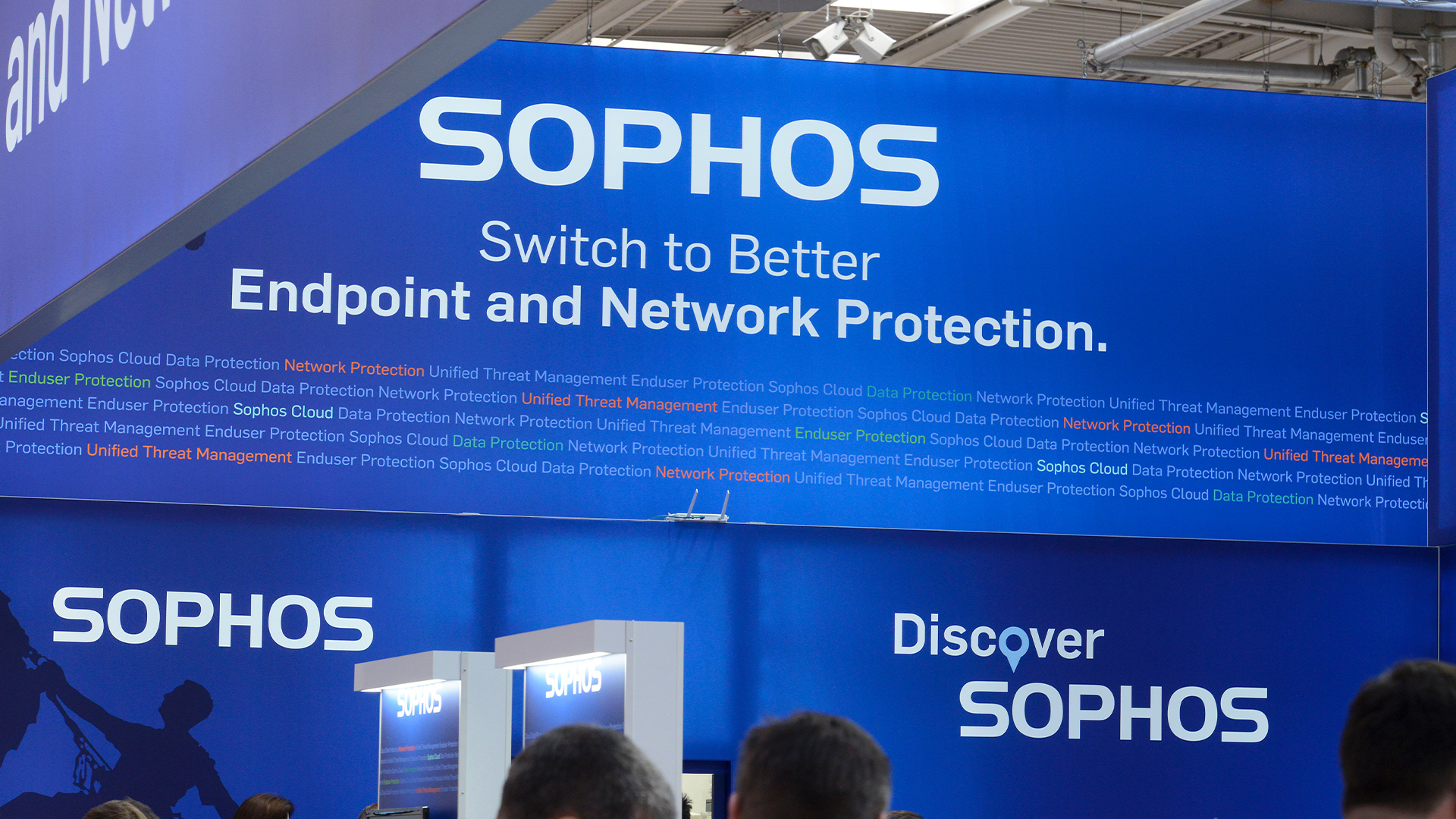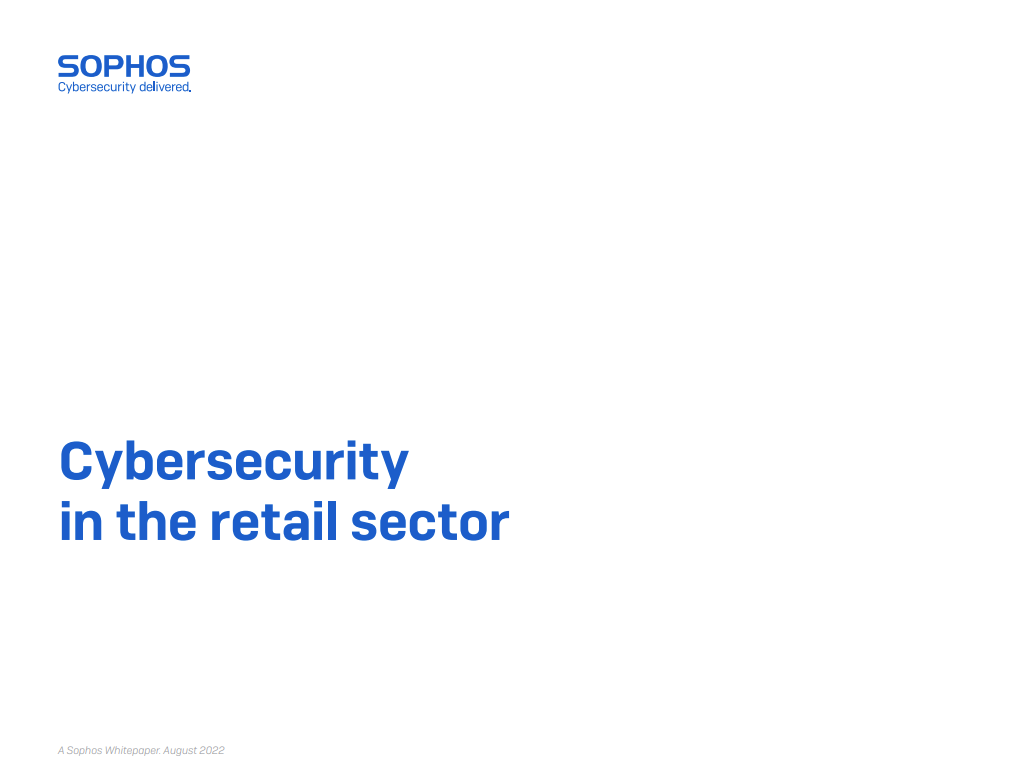LulzSec claims CIA website takedown
The now notorious hacking group claims to have hit the CIA website with "a very simple packet flood."


LulzSec has claimed responsibility for shutting down the public-facing website of the US CIA, as it continues its rampage across the web.
The website went down for periods yesterday, although is up and running now. There has been no official confirmation of a hack on the CIA site.
This morning, the hacking collective said via Twitter its hit on the CIA was "really a very simple packet flood."
LulzSec kept its humorous tone on Twitter in describing the hack and its aftermath.
"The CIA anti-lizards will probably rise from the packet sea while we rest our shining-yet-saturated power field arrays," LulzSec said yesterday.
"Tango down cia.gov - for the lulz," the group posted earlier in the day.
This is the second time LulzSec has attacked a US Government body, after claiming to have acquired some internal data from the Senate earlier this week.
Get the ITPro daily newsletter
Sign up today and you will receive a free copy of our Future Focus 2025 report - the leading guidance on AI, cybersecurity and other IT challenges as per 700+ senior executives
"We don't like the US Government very much. Their boats are weak, their lulz are low, and their sites aren't very secure," the group said following the Senate attack.
"In an attempt to help them fix their issues, we've decided to donate additional lulz in the form of owning them some more."
LulzSec has grown in notoriety following a string of attacks against a variety of firms, although its main focus has been on US Government and games firms.
It has already hit Nintendo, Epic Games and Bethesda, as well as claiming responsibility for a hack on SonyPictures.com.
Read on for our look at why games companies are being targeted by hackers.
Hoisted by their own petard?
The security industry is worried about the likes of LulzSec and their unpredictable behaviour, but one expert has suggested they could shoot themselves in the foot.
"You have to ask yourself if LulzSec has finally bitten off more than it can chew," said Graham Cluley, senior technology consultant at Sophos.
"After all, they've just poked a very grizzly bear with a pointy stick. LulzSec's cockiness may be their undoing."
A Sophos survey has shown people have mixed feelings about LulzSec's actions.
When asked whether they found LulzSec's activities amusing, 57 per cent of respondents said yes, with 43 per cent saying no.
Tom Brewster is currently an associate editor at Forbes and an award-winning journalist who covers cyber security, surveillance, and privacy. Starting his career at ITPro as a staff writer and working up to a senior staff writer role, Tom has been covering the tech industry for more than ten years and is considered one of the leading journalists in his specialism.
He is a proud alum of the University of Sheffield where he secured an undergraduate degree in English Literature before undertaking a certification from General Assembly in web development.
-
 Should AI PCs be part of your next hardware refresh?
Should AI PCs be part of your next hardware refresh?AI PCs are fast becoming a business staple and a surefire way to future-proof your business
By Bobby Hellard
-
 Westcon-Comstor and Vectra AI launch brace of new channel initiatives
Westcon-Comstor and Vectra AI launch brace of new channel initiativesNews Westcon-Comstor and Vectra AI have announced the launch of two new channel growth initiatives focused on the managed security service provider (MSSP) space and AWS Marketplace.
By Daniel Todd
-
 96% of SMBs are missing critical cybersecurity skills – here's why
96% of SMBs are missing critical cybersecurity skills – here's whyNews The skills shortage hits SMBs worse as they often suffer from a lack of budget and resources
By George Fitzmaurice
-
 Sophos Firewall Virtual review: Affordable network protection for those that like it virtualized
Sophos Firewall Virtual review: Affordable network protection for those that like it virtualizedReviews Extreme network security that's cheaper than a hardware appliance and just as easy to deploy
By Dave Mitchell
-
 MSPs are struggling with cyber security skills shortages
MSPs are struggling with cyber security skills shortagesNews A shortage of tools and difficulties keeping pace with solutions were also ranked as key issues for MSPs
By George Fitzmaurice
-
 Nearly 70 software vendors sign up to CISA’s cyber resilience program
Nearly 70 software vendors sign up to CISA’s cyber resilience programNews Major software manufacturers pledge to a voluntary framework aimed at boosting cyber resilience of customers across the US
By Solomon Klappholz
-
 Sophos and Tenable team up to launch new managed risk service
Sophos and Tenable team up to launch new managed risk serviceNews The new fully managed service aims to help organizations manage and protect external attack surfaces
By Daniel Todd
-
 Ransomware groups are using media coverage to coerce victims into paying
Ransomware groups are using media coverage to coerce victims into payingNews Threat actors are starting to see the benefits of a more sophisticated media strategy for extracting ransoms
By Solomon Klappholz
-
 Shrinking cyber attack “dwell times” highlight growing war of attrition with threat actors
Shrinking cyber attack “dwell times” highlight growing war of attrition with threat actorsNews While teams are becoming more proficient at detecting threats, attackers are augmenting their strategies
By Ross Kelly
-
 Cyber security in the retail sector
Cyber security in the retail sectorWhitepapers Retailers need to ensure their business operations and internal data aren't breached
By ITPro